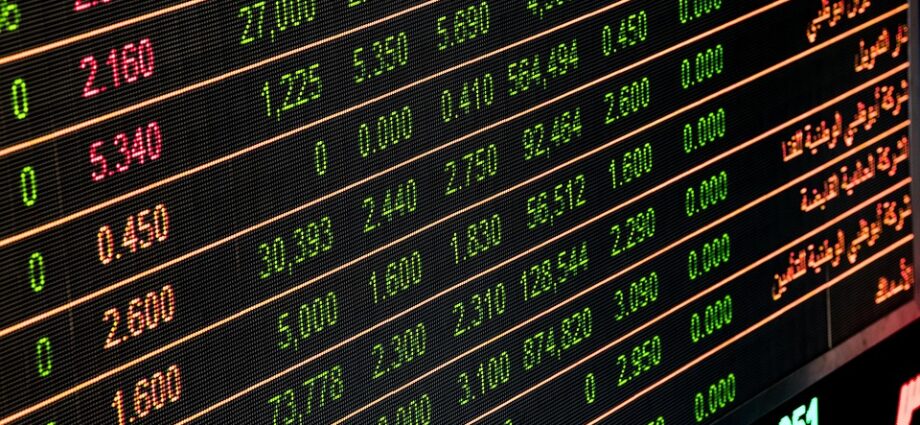Market Meltdown: Is a Stock Market Crash Imminent?
The stock market, a barometer of economic health and investor sentiment, has shown signs of volatility recently, prompting many to question whether a significant crash is on the horizon. With fluctuating interest rates, geopolitical tensions, and inflation concerns, investors find themselves navigating a precarious landscape. This article explores the current state of the market, factors contributing to its instability, and the potential implications for investors.
The Current State of the Market
As of late 2023, stock indices have experienced sharp fluctuations. After a period of robust growth following the pandemic, many sectors are now facing headwinds. The S&P 500, Dow Jones Industrial Average, and Nasdaq have all shown signs of fatigue, with some analysts warning of overvaluation in certain stocks. The market’s performance has been further complicated by mixed economic signals, including fluctuating employment rates and shifting consumer spending patterns.
Key Factors Contributing to Market Instability
Several critical factors are contributing to the current market volatility:
1. **Rising Interest Rates**: Central banks worldwide have raised interest rates in response to persistent inflation. Higher borrowing costs can dampen consumer spending and corporate investment, leading to slower economic growth. Investors often react negatively to these changes, fearing a potential slowdown.
2. **Geopolitical Tensions**: Ongoing geopolitical conflicts, including tensions in Eastern Europe and the South China Sea, have created uncertainty in global markets. Investors are wary of how these conflicts could impact trade, supply chains, and overall economic stability.
3. **Inflation Concerns**: Despite efforts to control inflation, many economies are still grappling with rising prices. High inflation erodes purchasing power and can lead to decreased consumer confidence, prompting investors to reassess their positions in the stock market.
4. **Earnings Reports**: As companies report their quarterly earnings, discrepancies between expectations and actual results can lead to significant market reactions. A wave of disappointing earnings could further fuel fears of a market downturn.
The Historical Context of Market Crashes
Historically, stock market crashes have often been preceded by periods of economic optimism, followed by sudden downturns triggered by specific events or broader economic trends. The dot-com bubble in the early 2000s and the 2008 financial crisis serve as stark reminders of how quickly market sentiment can shift. Investors today are acutely aware of these historical patterns and are keeping a watchful eye for signs that a similar scenario may unfold.
What This Means for Investors
For investors, the current market environment presents both risks and opportunities. While the potential for a crash looms, it is essential to approach investing with a balanced perspective. Diversification remains a crucial strategy for mitigating risk. Investors should consider reallocating their portfolios to include a mix of asset classes, including bonds, commodities, and international investments, to buffer against potential losses.
Additionally, maintaining a long-term investment horizon is vital. Market downturns can be unsettling, but historically, markets have rebounded over time. Investors who stay the course and avoid making impulsive decisions in response to short-term volatility are often rewarded in the long run.
Conclusion
While the signs of a potential stock market crash are concerning, it is essential to remember that markets are inherently cyclical. The current volatility reflects a complex interplay of economic factors that investors must navigate. By staying informed, diversifying portfolios, and maintaining a long-term perspective, investors can position themselves to weather the storm, regardless of what the future holds. As always, seeking advice from financial professionals can provide additional guidance tailored to individual circumstances.
